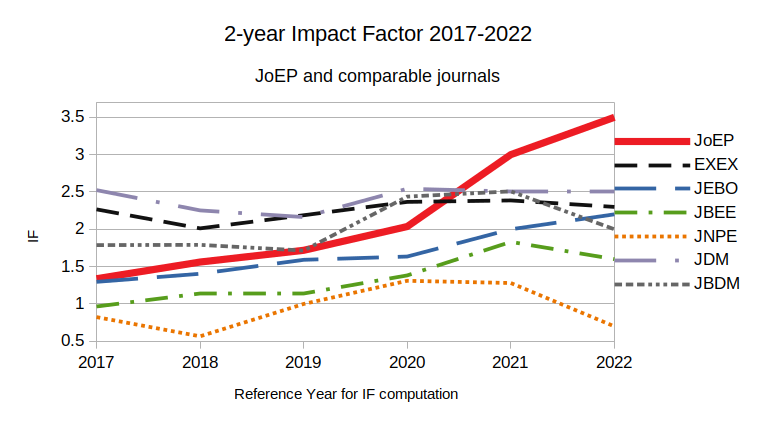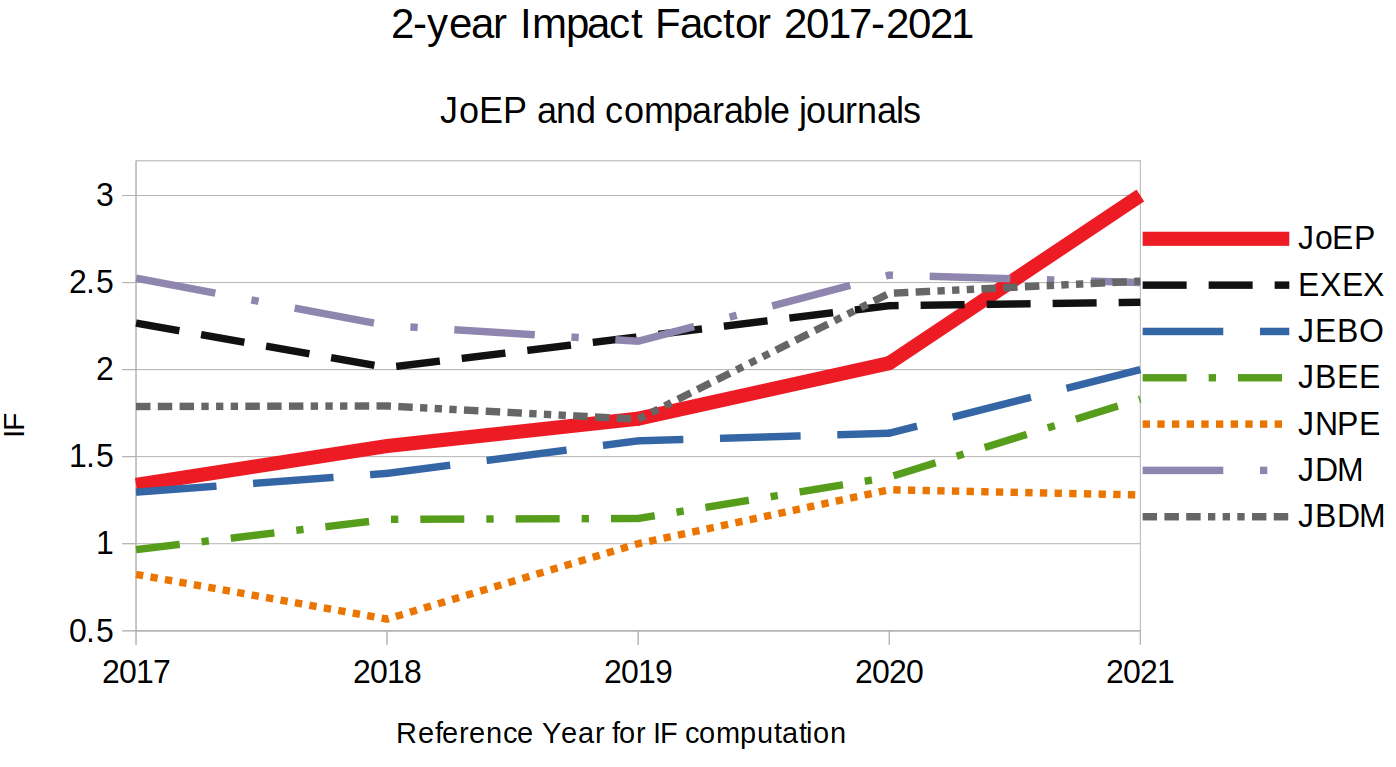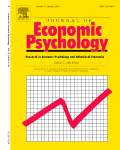Que vaya por delante que a pesar de llevar más de un cuarto de siglo fuera, soy y seré español, y escribo estas líneas más por frustración que por irritar a nadie (y recuerden, por favor, el título del blog). El caso es que más de una y más de doce veces, hablando con amigos compatriotas que siguen viviendo en esa nuestra patria trágica, sale el tema de la calidad de vida, y, más por evitar discusiones que por otra cosa, me suelo callar. Pero, teniendo ya unos años, un abanico de experiencias internacionales, y unos ciertos conocimientos de psicología, he llegado a la conclusión de que en muchas ocasiones la actitud de “en España se vive mejor” no es más que un autoengaño. Y si fuese solo eso, pues que cada cual se cuente a sí mismo las historias que le hagan la vida más cómoda. Faltaría más. Pero a menudo este tipo de sesgos llevan a la complacencia, a la resignación, y a la inercia, y se convierten en actitudes perniciosas que ponen piedras en el camino de las posibilidades de mejora de nuestro país.
Continue readingElegance and a (simple) math problem
This is a rant. Remember the title of the blog. You have been warned.
It has always slightly bothered me how sometimes simple arguments are made unnecessarily complicated. Sometimes people do this on purpose, to make themselves look smart. More often, people do this inadvertently, by assuming that, once they have understood something, their way is the only way. This is why, in maths, there is a difference between a proof and an elegant proof, and looking for simpler ways to prove known results is part of the job. Other disciplines (which shall remain unnamed but most readers can easily figure out) could learn a thing or two from that.
Continue readingJournal of Economic Psychology remains the leading journal in behavioral economics and economic psychology
Last year, the Journal of Economic Psychology became the leading journal in behavioral economics and economic psychology according to the Impact Factors for scientific journals (see last year’s post). This year, we have consolidated this position and even increased the difference. See the graph below! The Journal of Economic Psychology‘s Impact Factor is now 3.5 (Journal Citation Reports, two-year citation window, reference year 2022). It is up from 3.0 last year and 2.0 two years ago. For comparison, we are clearly ahead of excellent journals as Experimental Economics (IF of 2.3, last year 2.4) and Judgment and Decision Making (IF of 2.5, unchanged from last year). Other thematically-related journals that we compare ourselves to are Journal of Economic Behavior and Organization (JEBO: IF 2.2, last year 2.0), Journal of Behavioral Decision Making (JBDM: IF 2.0, last year 2.5), Journal of Behavioral and Experimental Economics (JBEE: IF 1.6, last year 1.8), and Journal of Neuroscience, Psychology, and Economics (JNPE: IF 0.7, last year 1.3). Those are all good journals, and we have good friends in their boards. But, with apologies for boasting, we remain the leader of the pack. Thanks are due to all our Associate Editors, reviewers, and of course authors, who have made the journal’s success possible.

Open Letter to JoEP Authors, Part IV: Are you familiar with our journal?
This is the fourth entry in a short guide for prospective authors of the Journal of Economic Psychology. The first entry contained a short overview. The second discussed which papers are appropriate for the journal. The third reviewed the big “red flags,” in terms of journal policies. This one tackles familiarity with the journal.
As I stated in previous entries, we are not a “general interest” journal, and we do not wish to become one. We are not exchangeable with other journals, not even within the broad fields of behavioral economics and economic psychology. We are interdisciplinary. Our readership spans both economics and psychology, and is made up of researchers interested in both. We have standards, and we follow through on certain subfields and research agendas, from behavioral biases, decision processes, or the effects of personality on economic decisions to self-control or tax compliance. We do expect prospective authors to be familiar with our journal, and very especially with related publications in our journal.
Continue readingOpen Letter to JoEP Authors, Part III: The Big Standards
This is the third entry in a short guide for prospective authors of the Journal of Economic Psychology. The first entry contained a short overview. The second discussed which papers are appropriate for the journal. This one reviews the big “red flags,” in terms of journal policies, that we look at upon submission.
Our journal actively and systematically enforces a number of policies, as laid out in our 2020 Editorial and the Guide for Authors. Those lead to a number of specific criteria which will typically lead to a desk-rejection, and that you can use as a checklist. If you answer “no” to any of the following questions, and the problem cannot be fixed, it’s probably better to submit elsewhere. If the problem can be fixed, but you submit anyway without fixing it, the best-case scenario is that you will waste several weeks (and also our time) until we simply return the paper to you (with all due respect, we do not give priority to papers that ignore our policies).
Continue readingOpen Letter to JoEP Authors, Part II: Is Your Paper Appropriate?
This is the second entry in a short guide for prospective authors of the Journal of Economic Psychology. The first entry contained a short overview. This entry discusses how to decide whether your paper is appropriate for the journal.
Although the final word on whether your manuscript is appropriate for the journal or not lies with the editors, here are a few easy criteria.
Continue readingReaching Out As A Scientist
I firmly believe that scientists have the obligation to reach out to society, and do so in an agile and timely way (at least as much as publication delays allow us). Putting my time and effort where my mouth is, I have just joined Psychology Today as a contributor. The first post in my blog “Decisions and the Brain” there is on “Why We Are All Crooked Bankers.” I have also just covered the same research in a post in the Spanish blog Nada es Gratis, “Egoísmo eres tú: robando a las masas.“
Both posts cover my research article “Generous with individuals and Selfish to the Masses,” published in Nature Human Behaviour this year. It humbled me to see the impact that this article had beyond academic circles. It was covered in a large number of newspapers after acceptance, including newspapers as the Frankfurter Allgemeine Zeitung or Le Temps, and popular-science magazines as New Scientist, Spektrum, or QUO. It was also covered in Nature as a Research Highlight, and I wrote about it in “Behind the Paper” at Nature: Behavioral and Social Sciences.
Continue readingJournal of Economic Psychology is the leading journal in behavioral economics (and economic psychology)
The new Impact Factors for scientific journals have just been published (Journal Citation Reports, two-year citation window, reference year 2021). The Journal of Economic Psychology has jumped up to an IF of 3.00 (from 2.04 last year and 1.72 two years ago). With apologies for boasting, we are now the leader of the pack in behavioral economics, economic psychology, and judgment and decision making, having surpassed excellent journals as Experimental Economics (IF of 2.39, last year 2.37) and Judgment and Decision Making (IF of 2.5, last year 2.54). As in previous years, we are ahead of thematically-related journals as JEBO (IF 2.00, last year 1.64), JBEE (IF 1.83, last year 1.38), and JNPE (IF 1.28). We have also surpassed solid journals as the Journal of Behavioral Decision Making (IF 2.508). See the graph!

An Open Letter to Prospective JoEP Authors, Part I: The Checklist
So you want to submit to the Journal of Economic Psychology. Great!
Before you do, though, there are a few things you should consider. Your time is valuable, and we do not want to waste it. And we hope you agree that the editors’ and reviewers’ time is also valuable. You might be able to save some of it by following a few simple steps. By doing so, you will also show that you do value our journal and are familiar with it, and, let’s be honest, that is not unimportant for the evaluation of your paper.
In four upcoming posts, I will elaborate on the steps that, as an Editor in Chief, I would really like authors to follow before submitting. But here is a brief summary already. I will link the step titles to the more detailed posts as I work my way through them (Hint: There is a “Follow” button on the right-hand-side which will warn you of new posts).
Continue readingSurveys and Reviews at JoEP
At JoEP, we love Review Articles. We have a special category for them, we allow them to be longer than standard articles, and we try to expedite their handling. Yet, we are currently desk-rejecting most of the reviews/surveys we receive. Why?
There seems to be an expectations mismatch. Regrettably, many of the Review Article submissions that we currently receive follow a mechanical, mainly bibliometric approach. They address topics as how much has it been published on the topic, who has published it, country affiliations, which keywords are used, etc. This is very interesting for bibliometrics (which is a research field on its own), but it is not interesting for us. At all. Sorry!

